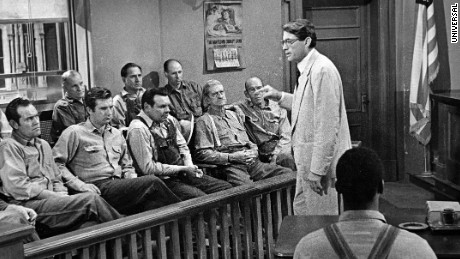
I was called for jury duty this week. Like clockwork, the postcard arrived in the mail just about 13 months to the day from the one that arrived last year, an unbroken chain of annual requests that stretches back for at least two decades. In the abstract, I welcome the idea that we the people participate in our civil processes to adjudicate the actions of our fellow citizens. In the concrete reality of the postcard, however, I would prefer not to.
This contrast of opposites—our desire for fairness and search for justice set against the practical realities of daily life plays itself out repeatedly—it has in history, it does today. I could not help but muse on the history of juries as I watched the drama of Congressional hearings and waited to find out if I would have to traipse down to the courtroom myself.
Trial of Socrates–Imagine the Jury Pool!
The use of juries—a group of potential peers—to weigh evidence in a trial has ancient roots but a far more restricted use and history than I realized. The word “jury” originally meant simply “to swear,” or “to pronounce a ritual formula,” an idea that ultimately transformed itself into the formula of law. This slightly differs from the origin of the word for “judge,” which meant “to speak about the law.” The Greeks used juries in one of the early recorded instances of the practice, although their juries were 300 to 500 men or more. Continue reading “We, the Juries”


